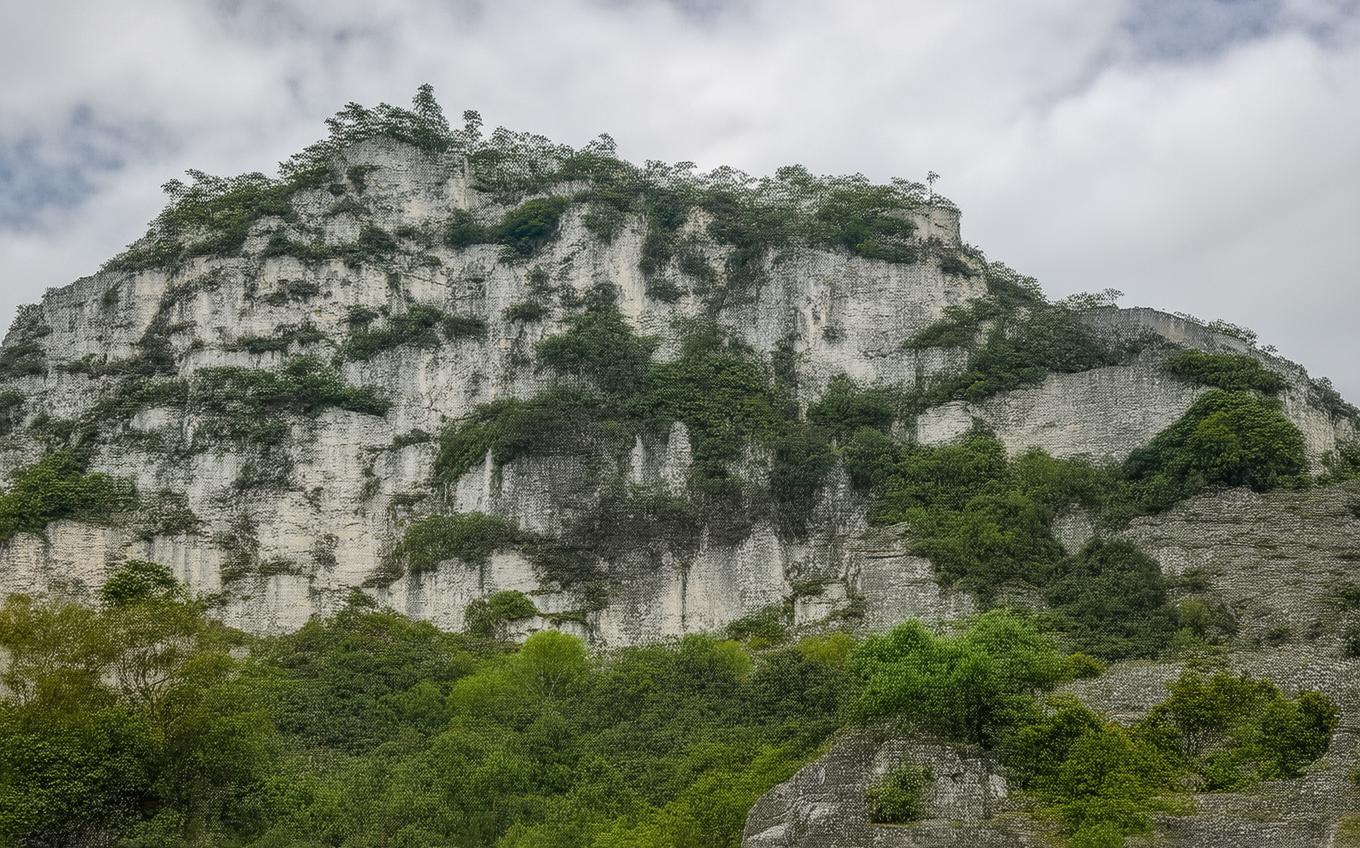Analysis of "乌衣巷" - Classical Chinese Poetry
Introduction
The poem "乌衣巷" (Wū Yī Xiàng) was written by Liu Yuxi (刘禹锡), a prominent poet of the Tang Dynasty (618–907 AD). Liu Yuxi was known for his reflective and philosophical poetry, often exploring themes of time, change, and the impermanence of human glory.
"乌衣巷" is part of a series called "金陵五题" (Five Poems of Jinling), which reflects on the rise and fall of historical dynasties in Nanjing (formerly Jinling). The poem captures the fleeting nature of power and wealth by contrasting the past grandeur of the aristocratic Wang and Xie families with the humble present-day scene of swallows flying over commoners' homes.
This poem is celebrated for its subtle melancholy and profound historical insight, making it a masterpiece of classical Chinese poetry.
The Poem: Full Text and Translation
朱雀桥边野草花
Zhū què qiáo biān yě cǎo huā
By the Rosefinch Bridge, wild grasses bloom;乌衣巷口夕阳斜
Wū yī xiàng kǒu xī yáng xié
At the Black Robe Lane’s mouth, the setting sun slants.旧时王谢堂前燕
Jiù shí Wáng Xiè táng qián yàn
Swallows that once graced the halls of Wang and Xie,飞入寻常百姓家
Fēi rù xún cháng bǎi xìng jiā
Now fly into the homes of common folk.
Line-by-Line Analysis
-
"朱雀桥边野草花"
- The Rosefinch Bridge (朱雀桥) was once a grand structure in Nanjing, associated with the aristocracy. Now, it is overgrown with wildflowers, symbolizing neglect and the passage of time. -
"乌衣巷口夕阳斜"
- Black Robe Lane (乌衣巷) was where the elite Wang and Xie clans lived during the Jin Dynasty (266–420 AD). The setting sun evokes a sense of decline, reinforcing the theme of impermanence. -
"旧时王谢堂前燕"
- The swallows are a powerful metaphor—they once nested in the luxurious homes of the Wang and Xie families, symbols of wealth and power. -
"飞入寻常百姓家"
- Now, those same swallows nest in ordinary houses, illustrating how even the greatest dynasties fade into obscurity.
Themes and Symbolism
Transience of Power
The poem contrasts the past glory of aristocratic families with their present obscurity, reminding readers that no dynasty or social class lasts forever.
Nature as a Witness
The swallows serve as silent observers of history, unchanged while human fortunes rise and fall.
Symbolism of Decay
- Wild grasses → Neglect
- Setting sun → Decline
- Swallows → Continuity amidst change
Cultural Context
Historical Background
- Wang and Xie Clans: These were two of the most powerful families during the Eastern Jin Dynasty, known for their political influence and cultural refinement.
- Nanjing (Jinling): The former capital of multiple dynasties, it was a center of wealth and culture before falling into decline.
Philosophical Influence
The poem reflects Daoist and Confucian ideas about the cyclical nature of history and the inevitability of change.
Conclusion
"乌衣巷" is a poignant meditation on the passage of time, reminding us that even the greatest empires fade into history. Its beauty lies in its simplicity—using just four lines, Liu Yuxi captures the universal truth of impermanence.
Today, the poem remains relevant as a reflection on the rise and fall of civilizations, urging humility in the face of time’s relentless march. For English readers, it offers a glimpse into classical Chinese poetry’s depth and elegance.
Would you visit modern-day Wuyi Lane and imagine the swallows of centuries past?




Comments (0)
No comments yet. Be the first to comment!